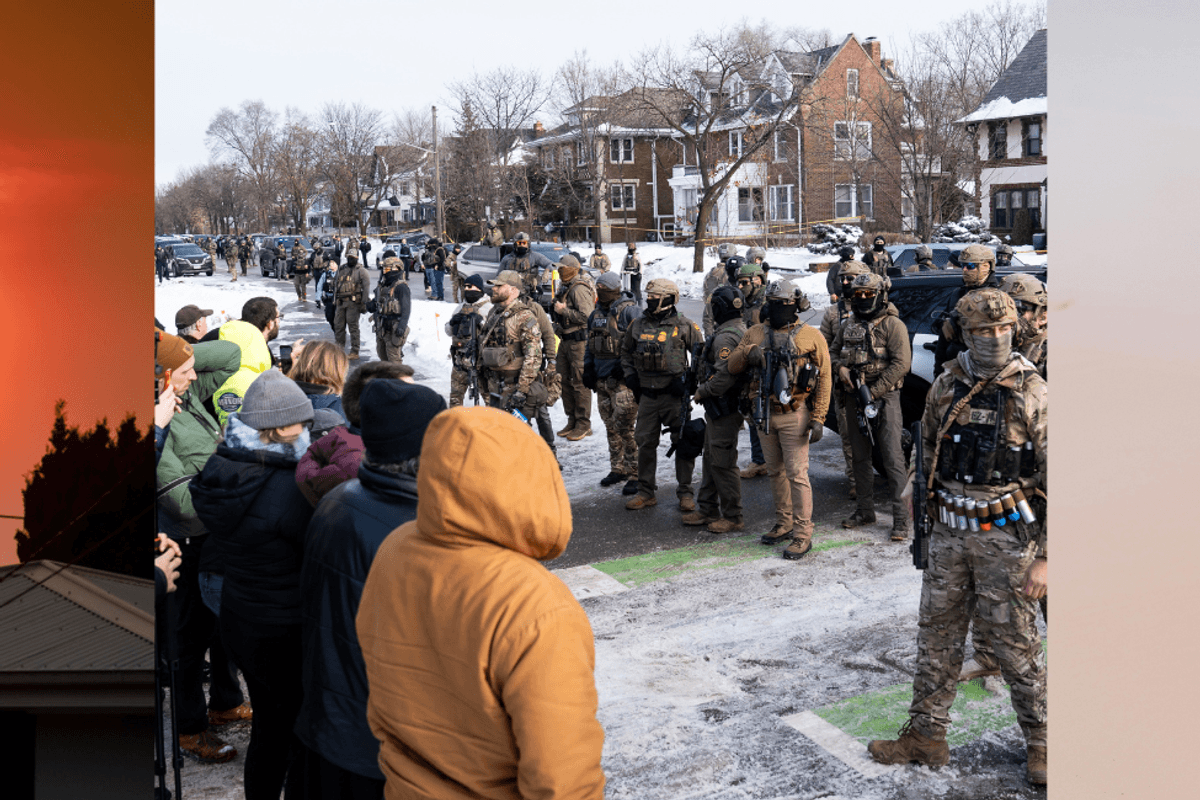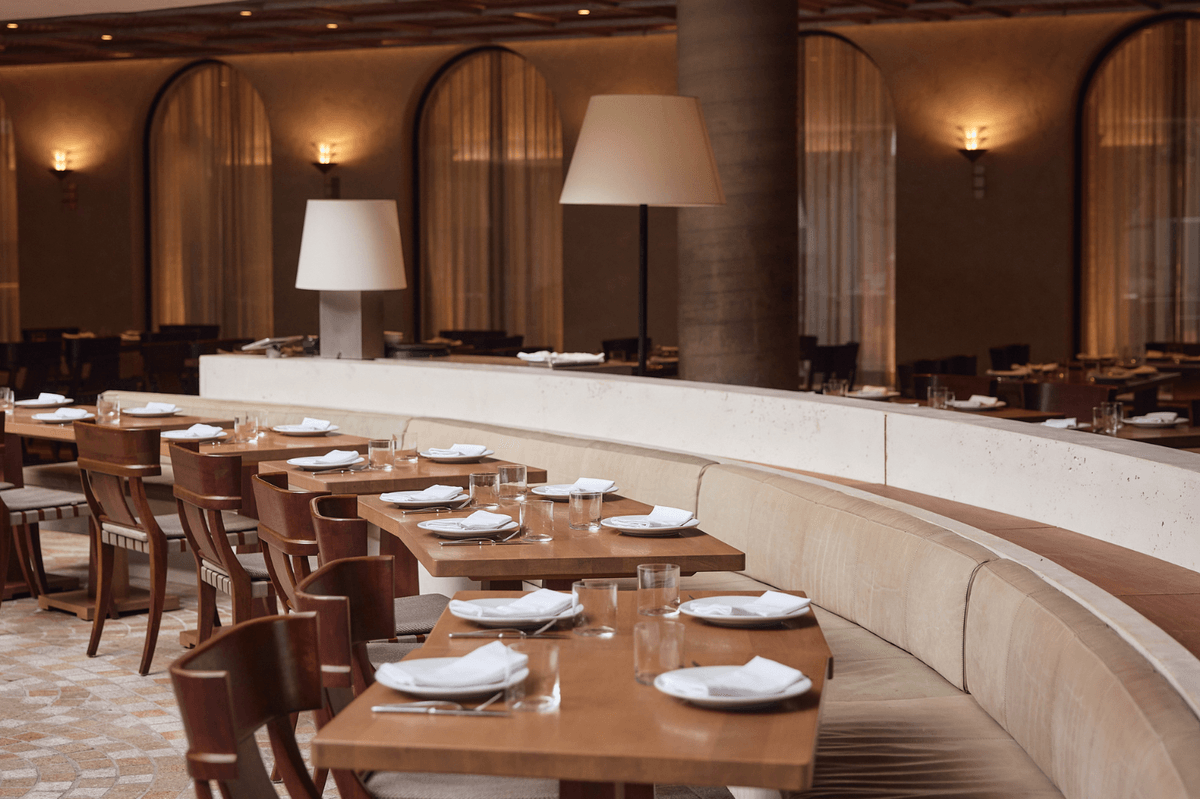When eight-year-old Zahra Hatif came to Australia from Afghanistan she could barely speak English. Ten years later she is a law student at The University of New South Wales and wants to become a lawyer to help her community. “Since Year 4, I remember I always wanted to do law,” she said. “I had a lot of role models within my community who were trying to pursue law as well, so I really looked up to them.”
Hatif is a member of Afghanistan's Hazara ethnic group which is persecuted by the Pashtun majority because of its religious, cultural and linguistic differences. The 2022 Census lists more than 41,000 Hazara as having emigrated to Australia.
She says a major barrier people from her community face when immigrating to Australia is the language of the legal system. “The only time we [Hazaras] contact the legal system is when it comes to immigration and seeking status here,” she said. “A lot of our community members don’t have any education at all, so they don’t even know how to apply for citizenship or a visa or how to bring their family from overseas [to Australia].”
It can take up to 11 years for a protection visa application to be finalised, according to UNSW’s Kaldor Centre for International Refugee Law, due to the lengthy review process in the Department of Home Affairs, the Administrative Appeals Tribunal and judicial review.
The 2023 Nixon Review, an investigation into Australia’s visa system by former Chief Commissioner of Victoria Police, Christine Nixon, recommended making it mandatory for legal practitioners to assist with refugee visa applications, saying this could prevent delays by providing legal assistance to those who are foreign to the English language and Australia’s legal system. It would also limit the number of false applications because a lawyer would do a merits review before taking a case on. The Federal Government "noted" this recommendation in its response in October but no requirement has been legislated.
Hatif said she can speak for all Hazaras in that going to an Hazara lawyer for assistance with navigating the legal system is much better and convenient with more successful results. “All Hazaras have a shared experience of trying to seek [refugee] status and trauma from back home so we’re more empathetic towards each other, we understand where we’re coming from,” she said. “A few people from my community that are lawyers and in the field of immigration do so many different applicants, [but] they all put the effort in and always the result is positive.”
'You can’t really change the legal system ...The only thing you could do is to create more equitable access to different cultural groups.'
The Federal Government is in the process of establishing a new Administrative Review Tribunal (ART) that will replace the Administrative Appeals Tribunal (AAT) to meet goals of improved efficiency and fairness. In a January submission to the Senate inquiry into the Administrative Review Tribunal Bill 2024, the Kaldor Centre reiterated the importance of legal representation for protection visa applicants. This would mean refugees applying for a protection visa would be supported by legal assistance during the application and review process. Applicants seeking a merits review at the tribunal have been found to be more than five times more successful when supported by legal representation, according to the Kaldor Centre submission.
“The lack of support for protection visa applicants, where the barriers to representation are often higher, and the risks of incorrect decisions greater, is especially problematic for the ART’s goals of efficiency and fairness,” the submission said.
The Director of the Kaldor Centre, Daniel Ghezelbash, said the main purpose of the submission was to provide an “empirical quantitative evidence base” to show the limitations of the approach to restrict procedures for migration. He is concerned the new procedural elements proposed for the Administrative Review Tribunal will not apply to the migrant and refugee division where change is most needed.
Legal practitioners could help present cases for protection visas in a way that is efficient and favourable to legal decision-making. These practitioners, especially refugee lawyers are important to the process as they apply a specialised understanding of the law to the conditions from which those seeking asylum have fled. This also means that lawyers could limit the number of false claims in the system by only taking on applications they feel have merit.
Sydney barrister Geoffrey Watson SC says he doesn’t understand why the judgments for protection visa cases take so long to reach a final decision. “I’m going to say something pretty harsh here, the judges should be producing judgements within a week,” he said. “These are not complicated cases.”
Watson said there is “a terrible delay going through” the system and that the delays play in favour of false claims.
In her 10 years in Australia, Zahra Hatif feels as though she’s grown-up with her community “trying to fight” the visa system rather than find a way to navigate it. “You can’t really change the legal system,” she said. “It’s like you can’t change a culture or language, the legal system has its own language and culture. The only thing you could do is to create more equitable access to different cultural groups.”
That's what she plans to do.
Anna is studying a Bachelor of Laws and Bachelor of Media (Journalism) at UNSW Sydney. She is interested in intellectual property law and using the law to advocate for creative rights.






